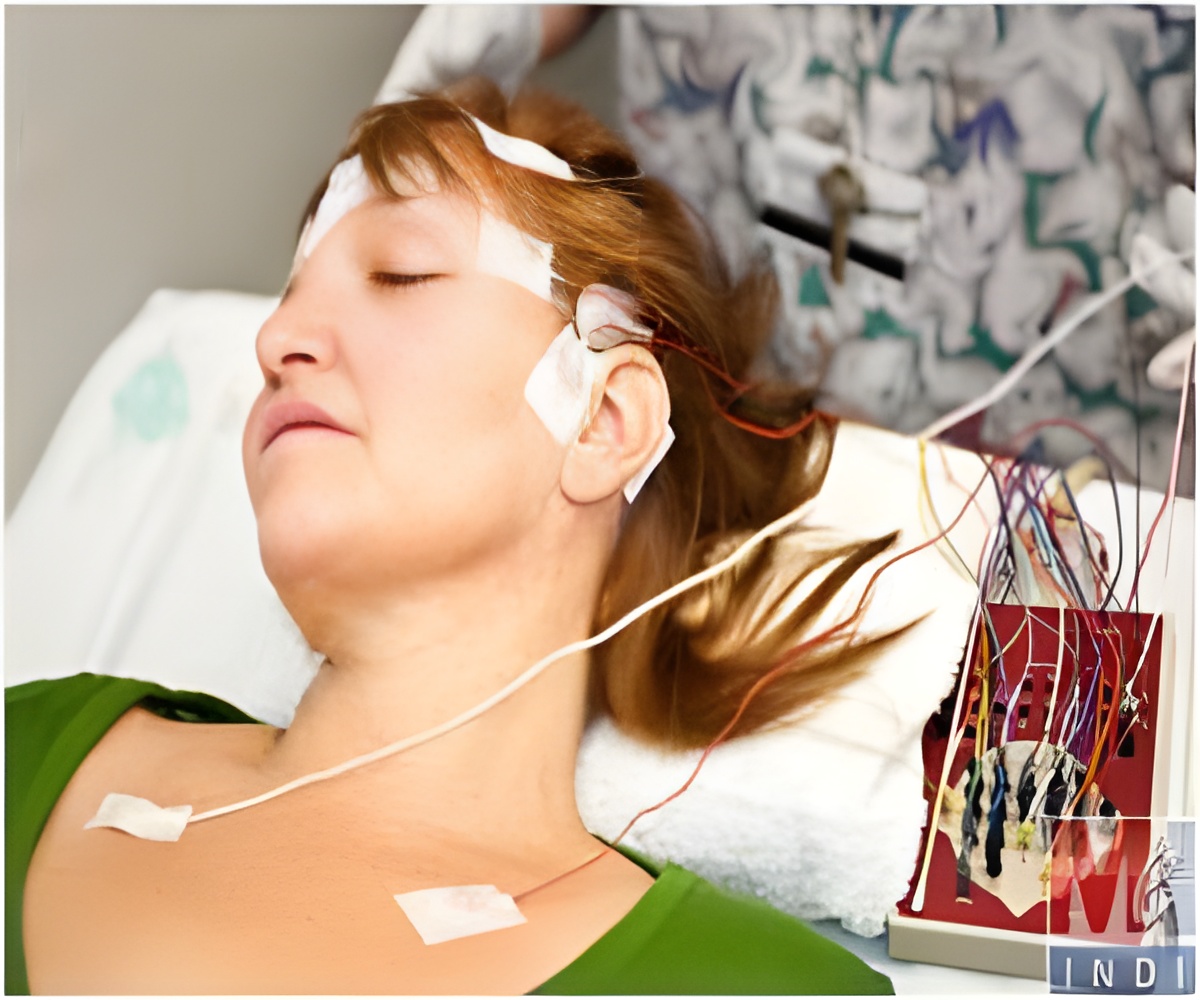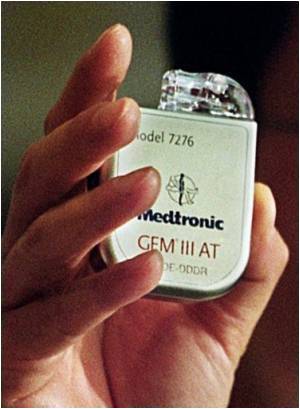
Delirium is an acute state of confusion marked by disorientation, attention deficit, altered and fluctuating mental status, and sometimes hallucinations.
Researchers found:
- In most studies, 10 percent to 28 percent of patients admitted with acute stroke experienced delirium. However, the incidence of delirium was 48 percent in one of the studies.
- The risk of death in the hospital or within a year of hospitalization is 4.7 times higher for those with delirium.
- Stroke patients who develop delirium are three times more likely to be discharged to a long-term care facility and stay in the hospital nine days longer.
Unlike dementia, which is a chronic, progressive mental deterioration, delirium can be triggered by other problems such as infection, substance abuse, metabolic abnormalities, renal or heart failure, or medicines.
Recognizing the underlying problems might help improve patients' prognosis, said Gustavo Saposnik, M.D., M.Sc., senior author of the analysis and director of the Stroke Outcomes Research Center at St. Michael's Hospital, an affiliate of the University of Toronto.
Stroke patients with delirium usually require more extensive medical evaluation and monitoring, which contributes to their longer hospital stays.
Advertisement
In general, stroke patients who experience delirium are older, have more medical problems and suffer larger strokes — factors that might help explain the poorer outcomes.Results of the present analysis couldn't be adjusted for some factors that may influence outcomes, such as stroke severity or accompanying illnesses due to the type of analysis, Saposnik said. Most of the patients were in stroke units at academic hospitals, so their condition could be more complex and result in poorer outcomes than those in community hospitals.
Advertisement
Identifying and managing delirium could help healthcare providers keep patients living independently longer and improve their quality of life, the researchers wrote.
Source-Eurekalert














